El Zonte, aka Bitcoin Beach
The link between Bitcoin and El Salvador
In June 2021, El Salvador made history when it declared the cryptocurrency Bitcoin an official currency of and legal tender in the country alongside the U.S. dollar. Other countries around the world have experimented with cryptocurrencies since 2018, but El Salvador was the first to make Bitcoin an official currency.
El Salvador's president since 2019 Nayib Bukele was largely responsible for pushing this initiative. His idea was that the adoption of Bitcoin would have these effects on the country:
1) Financial inclusion and technological awareness for all Salvadorans: At the time, more than 70% of Salvadorans did not have bank accounts. The government would give every citizen a digital wallet with $30 in Bitcoin in it so that all Salvadorans would have access to and be able to begin to use digital financial tools.
2) Less costly remittances: Around 20% of the country's GDP comes from remittances, or money sent from abroad (most often the U.S.) from people working in more developed economies to their families back home in El Salvador. Banks that will process these transfers, such as Western Union, will charge fees to process the transaction. With Bitcoin, however, families would be able to send money to each other without depending on financial institutions and therefore retain the percentage that they would have otherwise paid in fees.
3) Increased investment and tourism: By making El Salvador a "Bitcoin hub" in the world, investors, cryptocurrency gurus, and tourists would come to the country, thus boosting the economy.
4) Sovereignty and independence: The Salvadoran economy is already "dollarized." However, by adopting Bitcoin, the country would reduce its dependence on U.S. monetary policy.
5) Innovation and political messaging: Bukele, who in 2019 at the age of 37 became the youngest person to ever be elected to the Salvadoran presidency in the country's history and now in 2025 is the 10th youngest leader of a country in the world, saw the adoption of Bitcoin as another way to portray himself as a bold, innovative, and progressive leader. Remember the digital wallet that the government gave each Salvadoran citizen? They called it the, "Chivo Wallet." "Chivo," which the dictionary will tell you means "goat," is also slang for "cool" in Salvadoran Spanish.
The law in 2021 that made Bitcoin an official currency of El Salvador mandated that all businesses accept the cryptocurrency. Bukele famously said that all business must accept Bitcoin, but they didn't have to "receive it." In other words, anyone anywhere in the country should be able to pay for something with Bitcoin, but whether or not the business deposited the Bitcoin into their Chivo Wallet or immediately converted the Bitcoin to USD was up to the individual business.
As you visit shops and stores around the country, it is common to see an "aceptamos Bitcoin" sticker posted somewhere on their storefront. Some stores will also sell Bitcoin paraphernalia or informational resources. Can you find the Bitcoin sticker on the door of this surf shop?
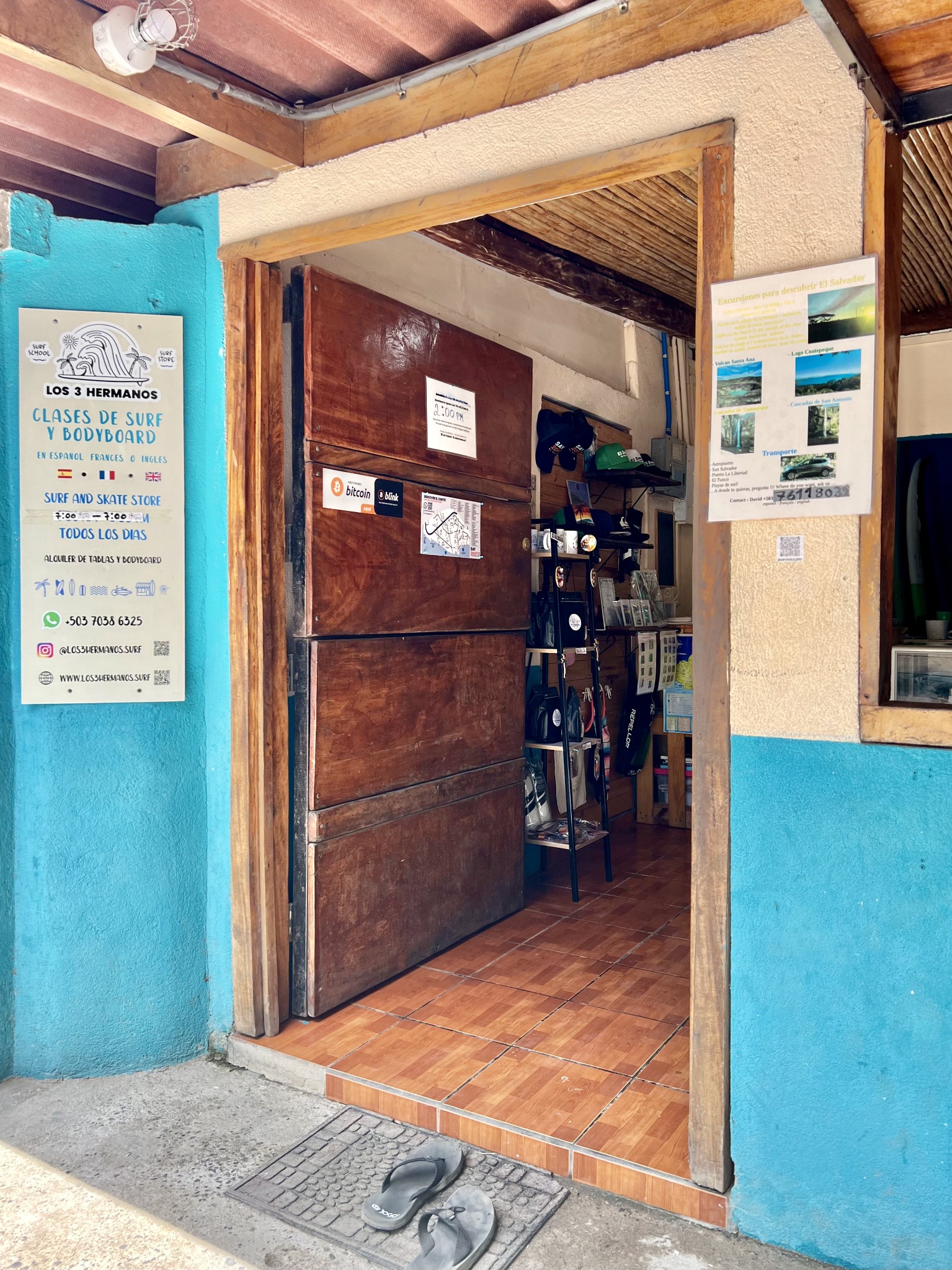
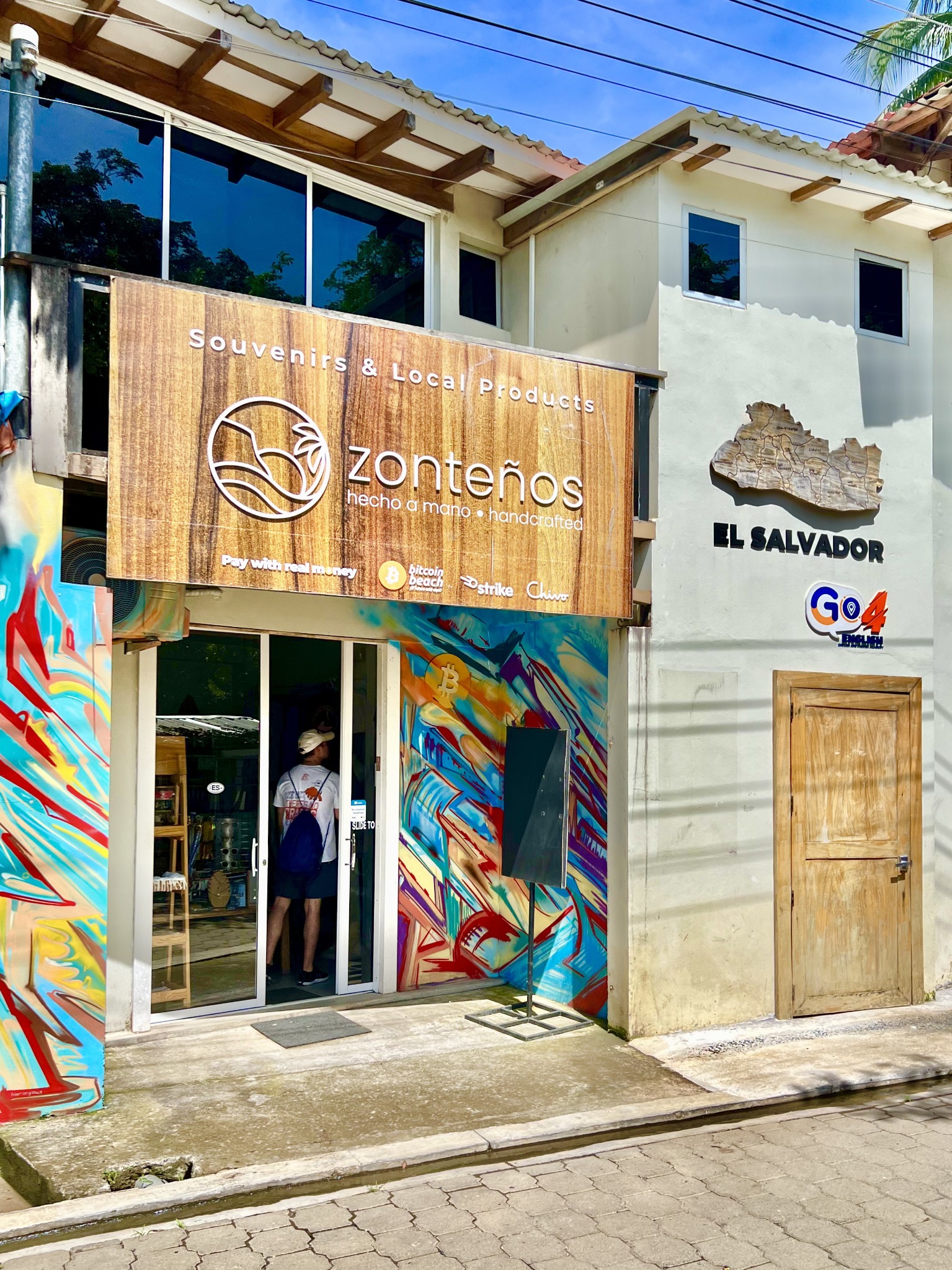
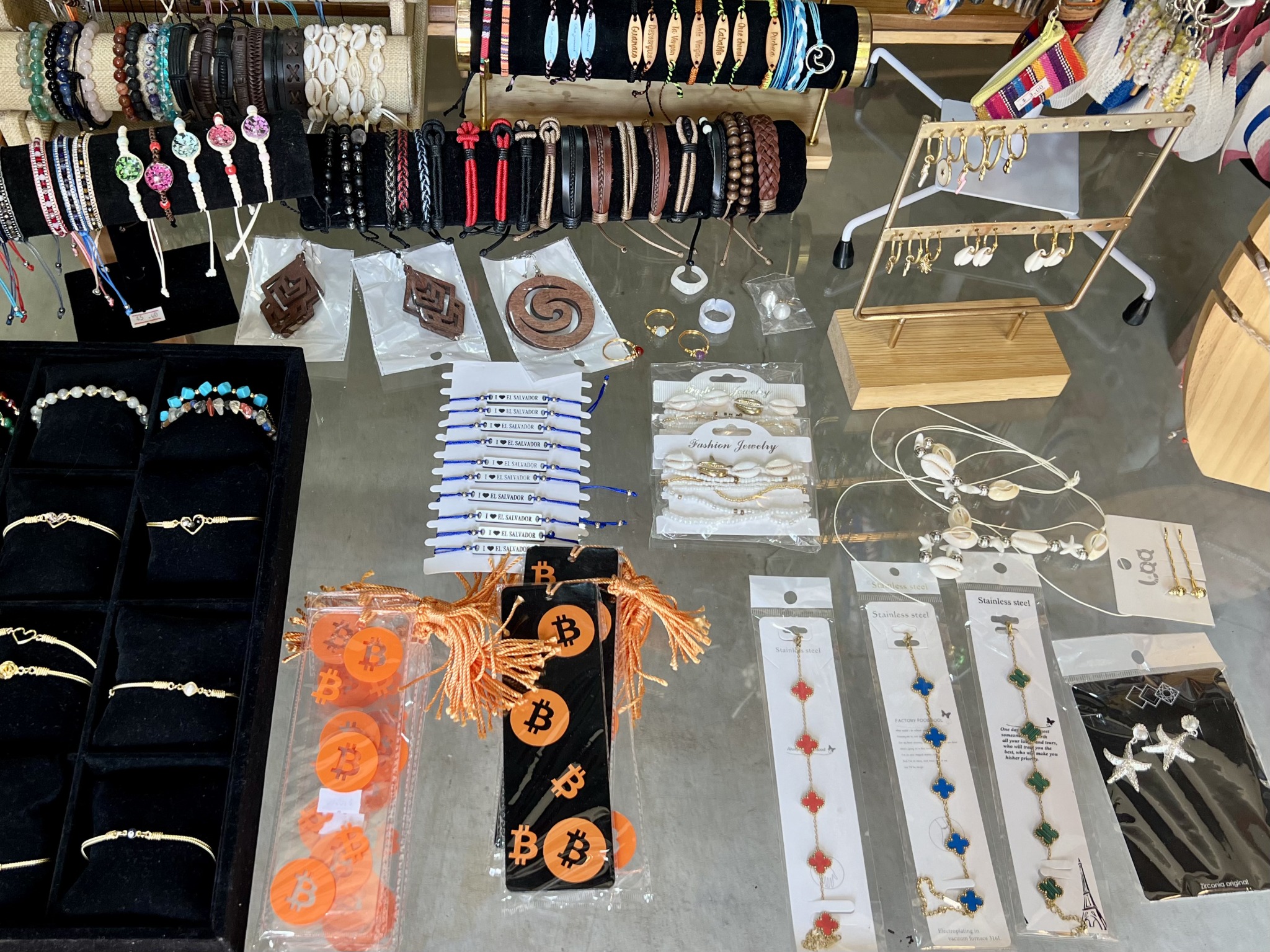
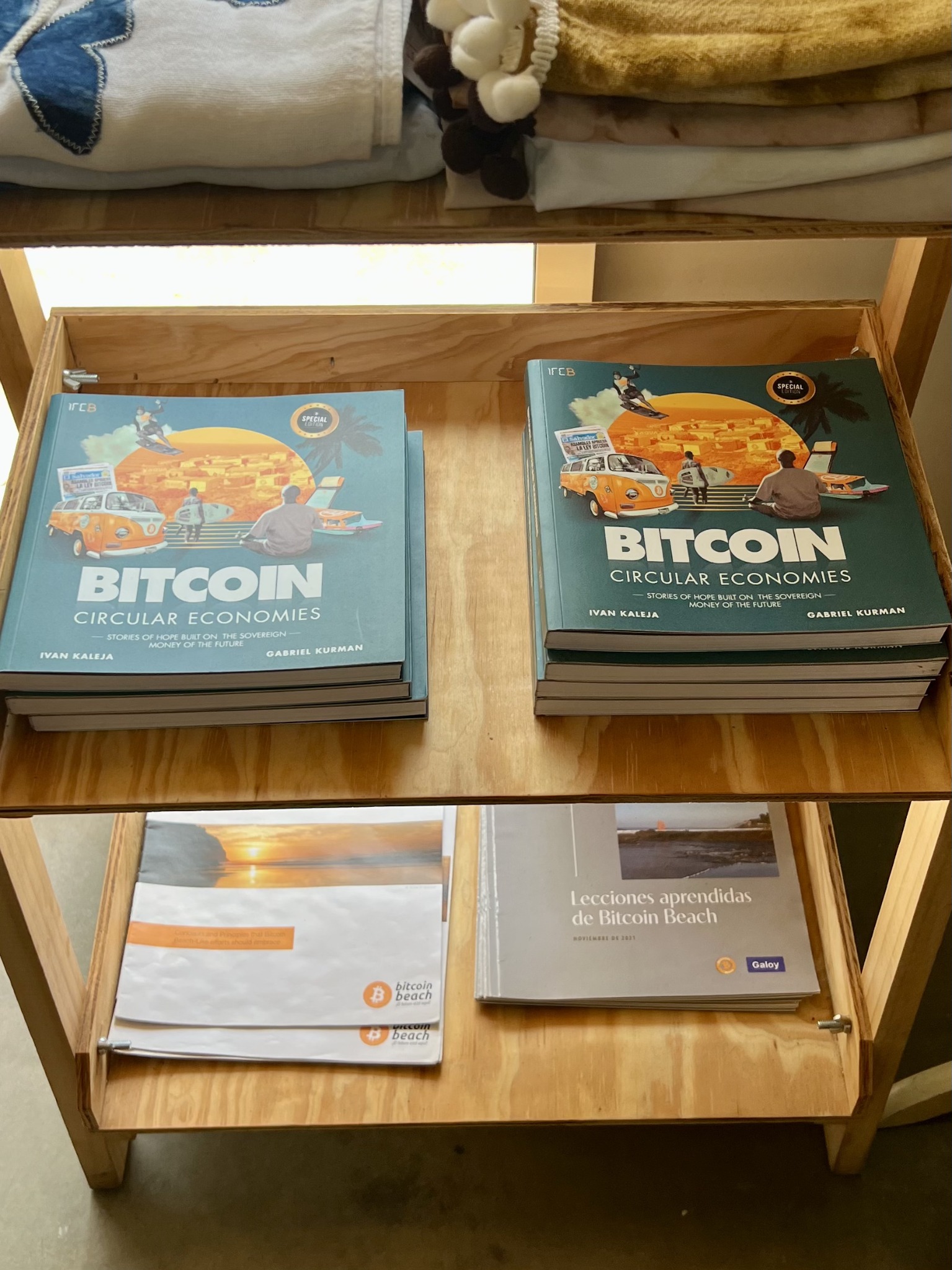
The origin of Bitcoin Beach
Before Bitcoin became an official currency of El Salvador in 2021, in 2019 the beach town of El Zonte was the site of a Bitcoin economy pilot project. An anonymous donor sponsored the project. El Zonte was chosen because the majority of the population did not have bank accounts--the same group of people that the larger Bitcoin initiative was meant to help around the country at large. But, the town was already popular with tourist surfers, among some of whom Bitcoin was already popular, which meant that there was a greater chance of the initiative catching wind. As a result, El Zonte became branded as Bitcoin Beach.
The Bitcoin Hardware Store
In El Zonte, there is one specific store that specializes in Bitcoin called the Bitcoin Hardware Store. They have all sorts of stuff--Cold wallets, which are cryptocurrency wallets that keep your private keys offline, offering enhanced security against online attacks, fireproof password stamping sets, Bitcoin apparel, an ATM that you can use to convert Bitcoin to USD and withdraw cash, and more.
On the whiteboard outside the store, they were advertising a Bitcoin Farmers Market. This was confusing because I think that "Bitcoin farming" is like "mining," or the process of solving complicated mathematical problems in order to verify transactions and earn yourself some of the currency, but I think that this literally was a farmers market, where vendors are selling produce and customers are paying with bitcoin.
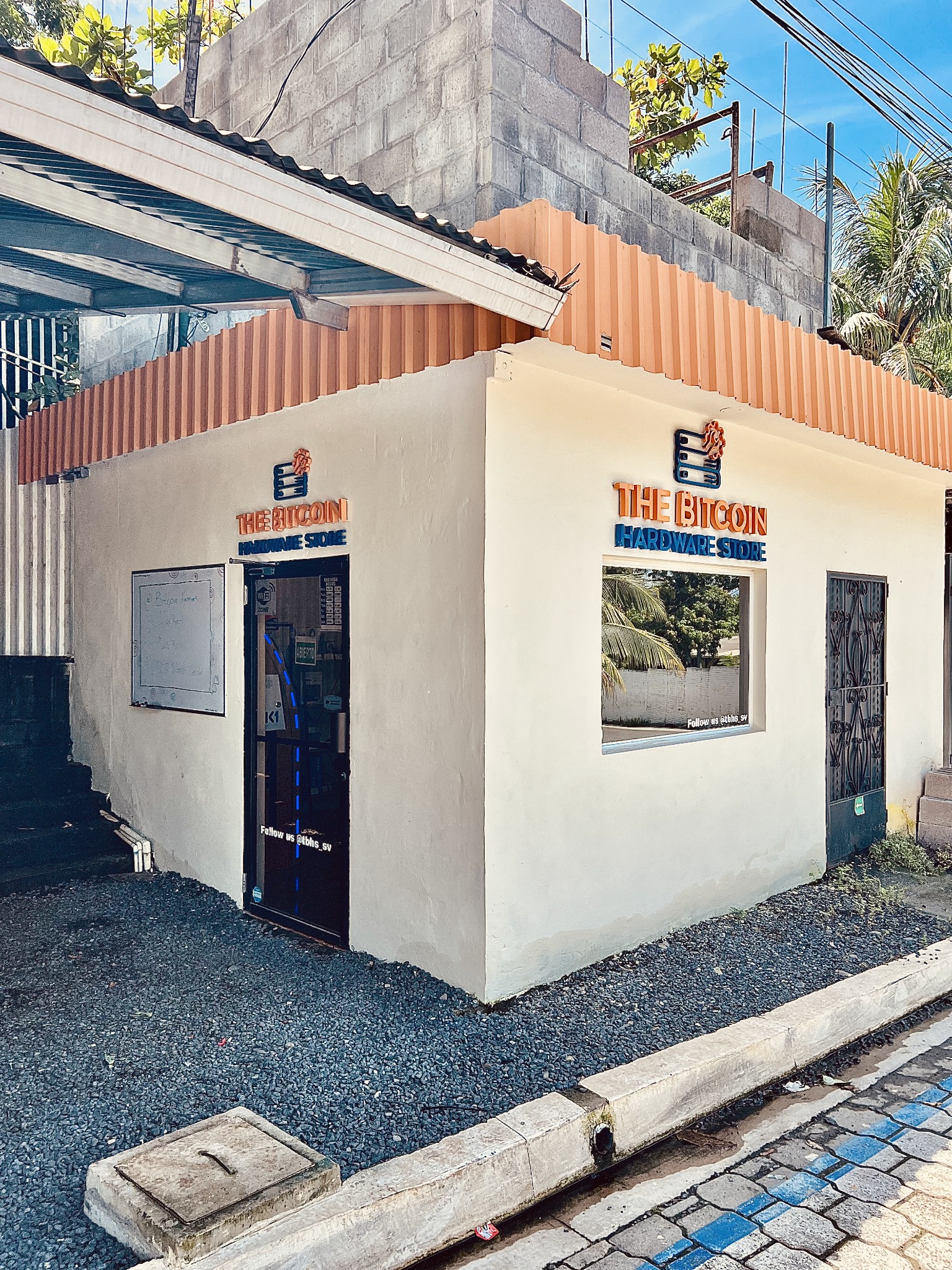
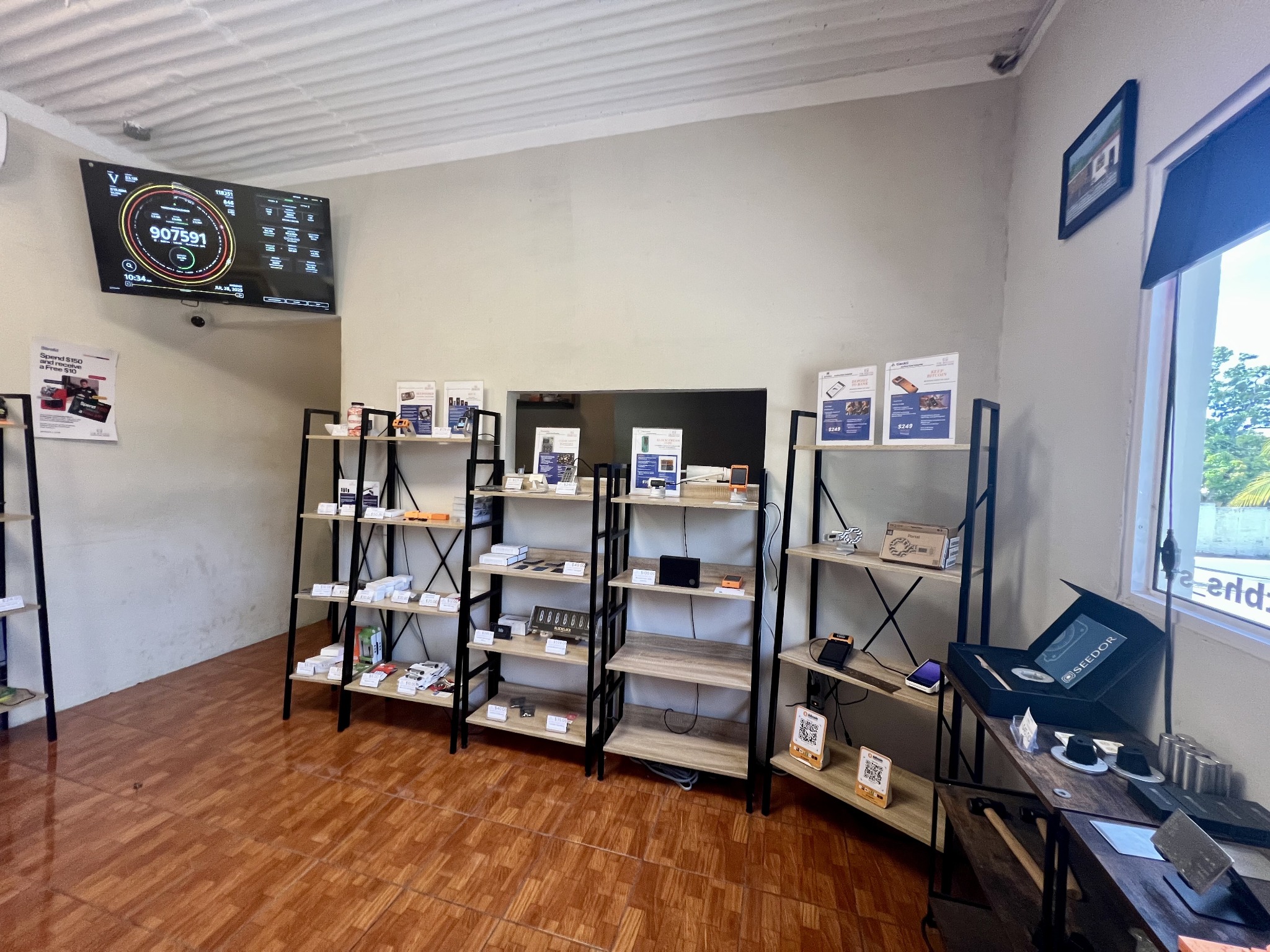
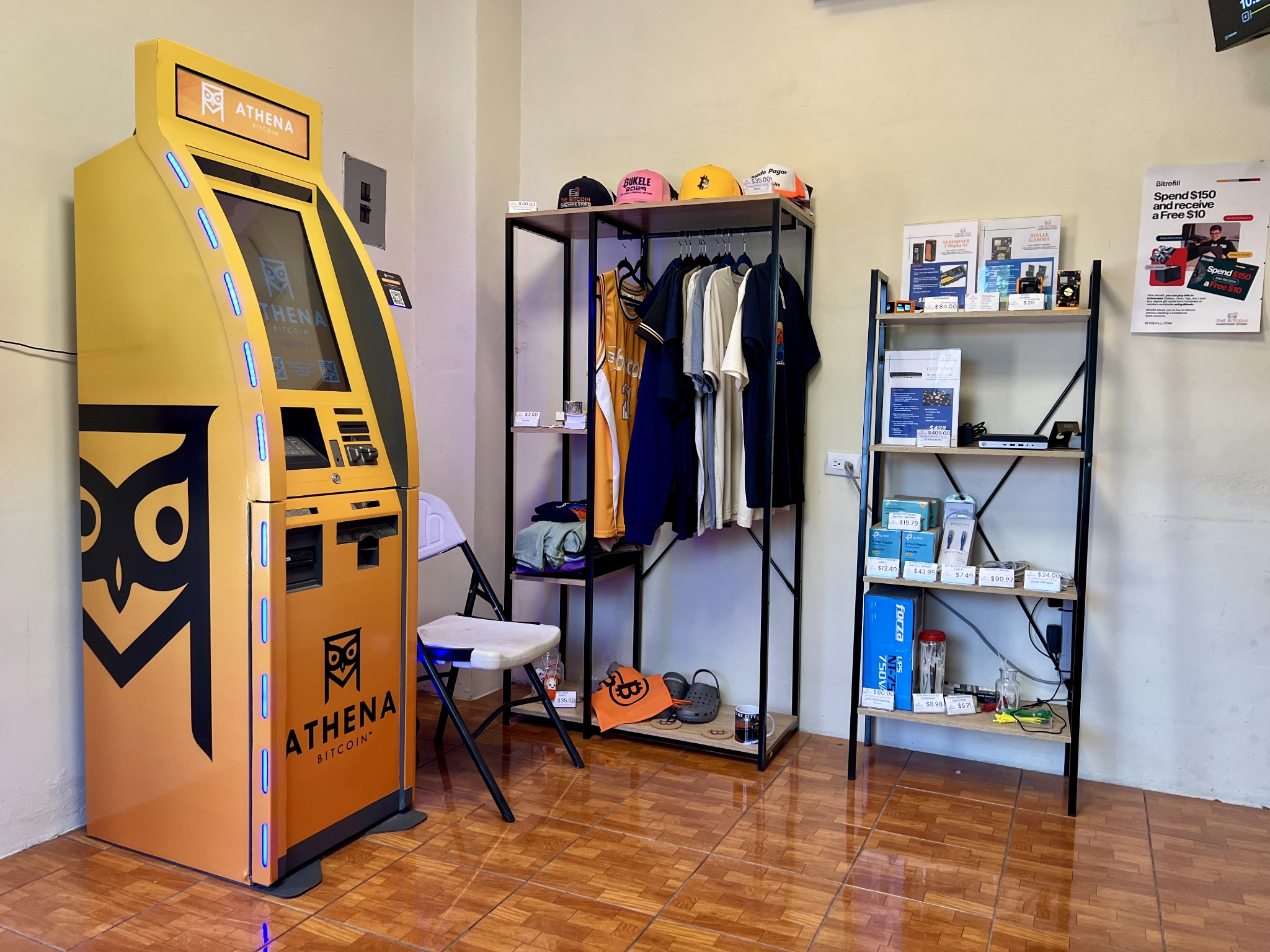
Bitcoin's limited success
From what I read, it seems that there are mixed reviews of Bitcoin's success in El Salvador. Some citizens definitely adopted it. In at least two of the stores that we visited, the employee working was happy to talk about Bitcoin in detail and about using it in her personal life. At the same time, it seems that Bitcoin evolved in El Salvador mostly as a tourist fascination and that most Salvadorans do not use it in their daily lives.
In 2025, El Salvador removed Bitcoin's status as legal tender and official currency of the country. Perhaps this sign is representative of the project.
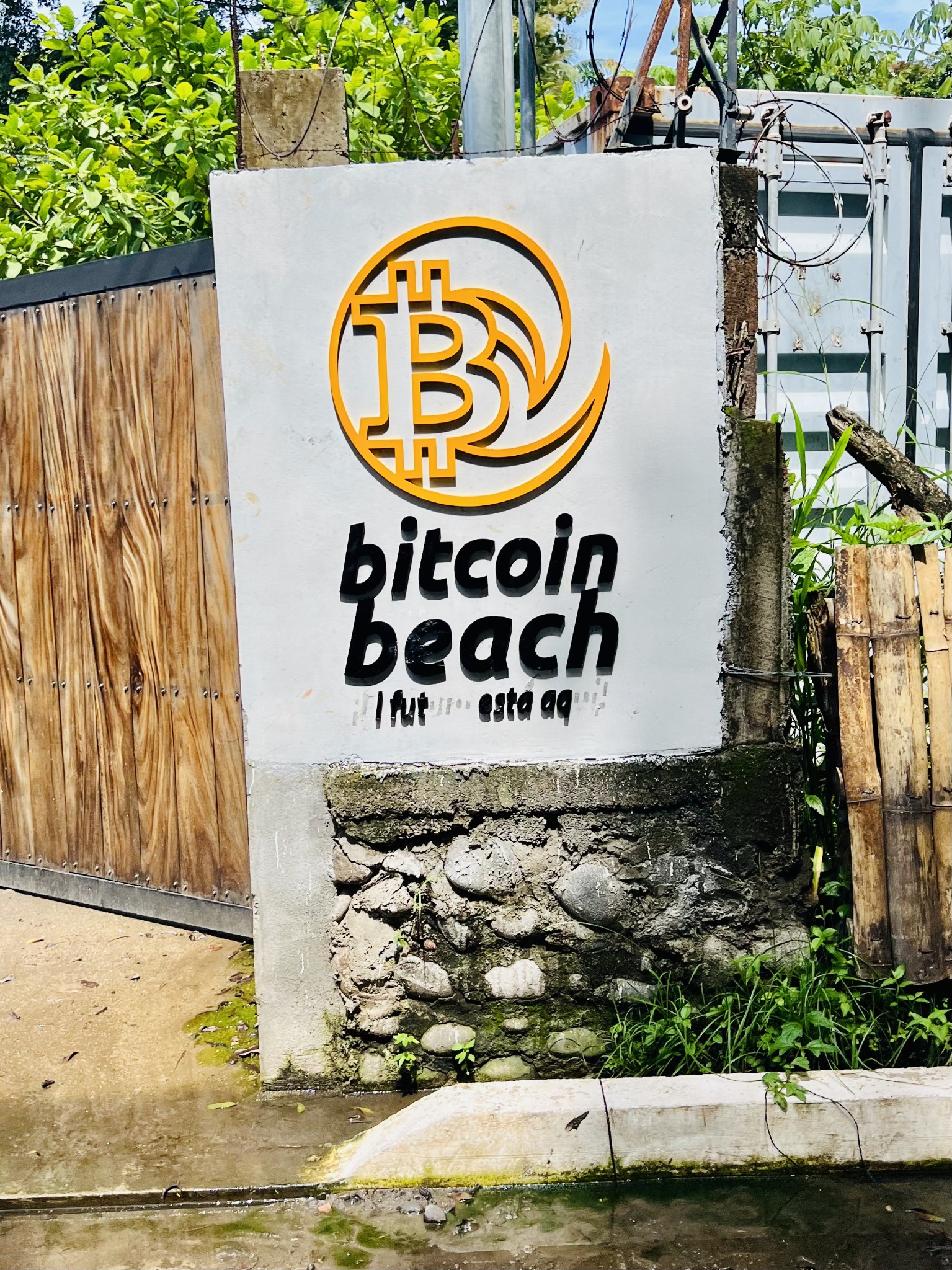
Walking around the town
El Zonte seemed like a lazy, quiet, colorful beach town.
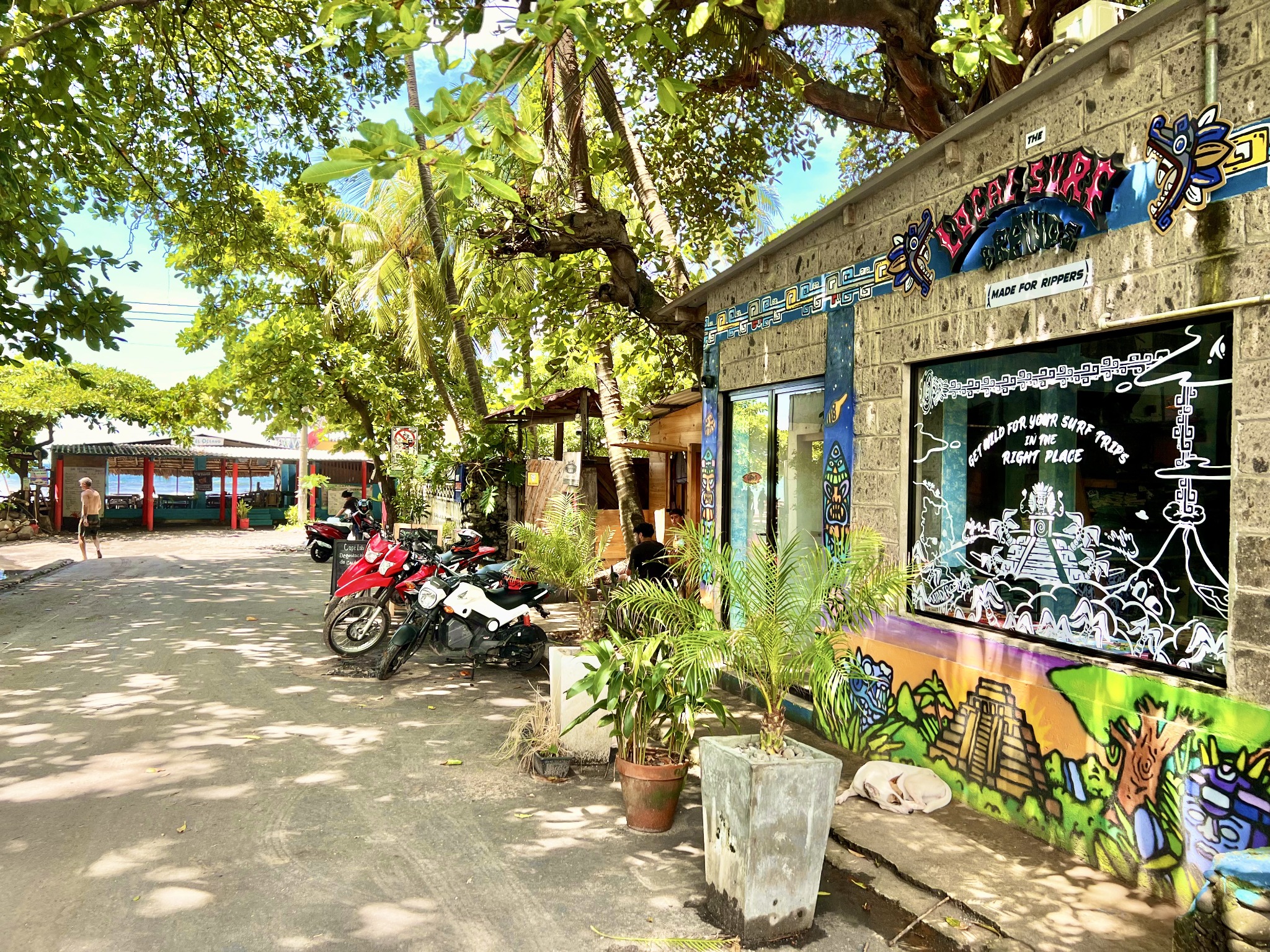
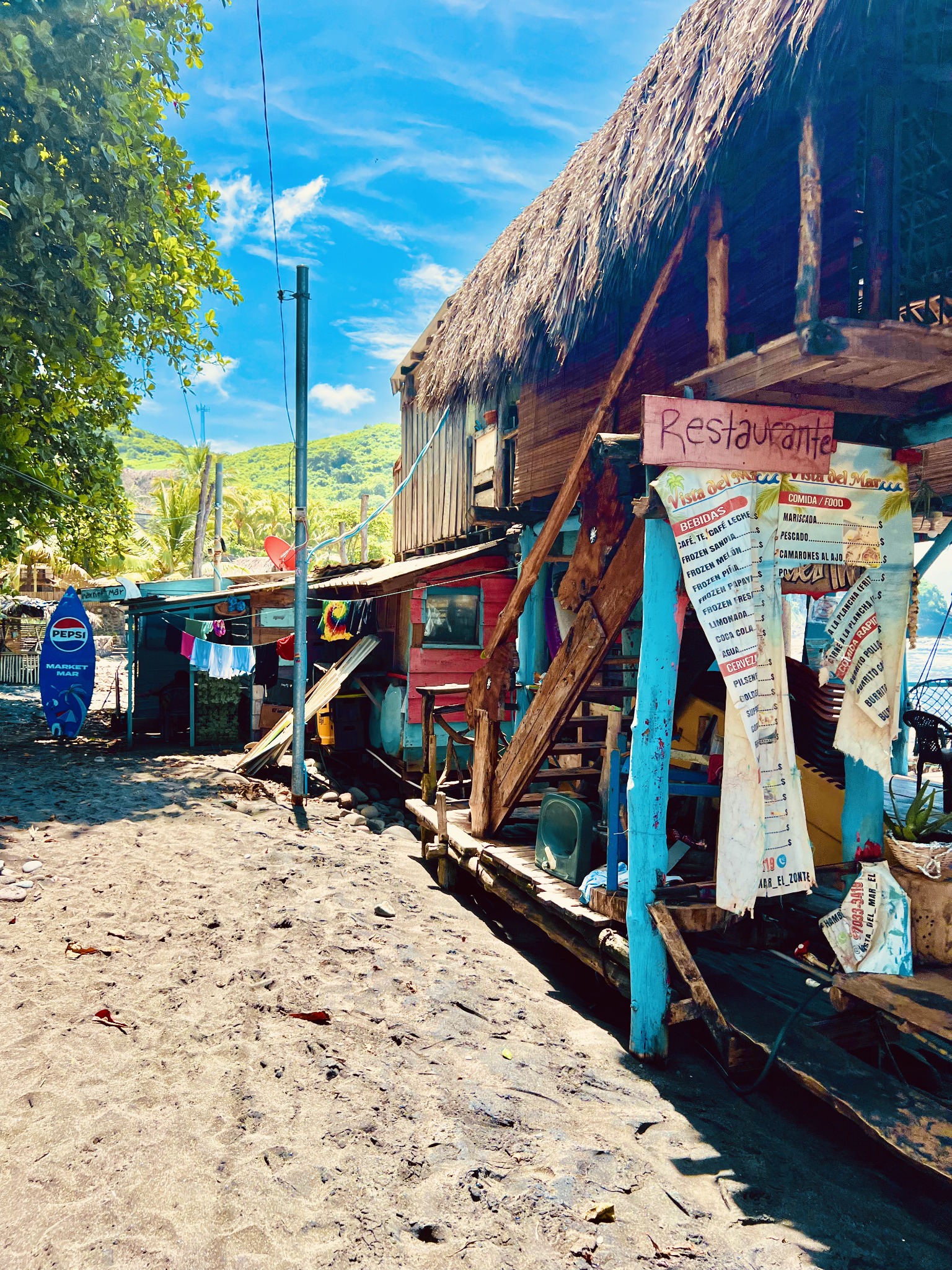
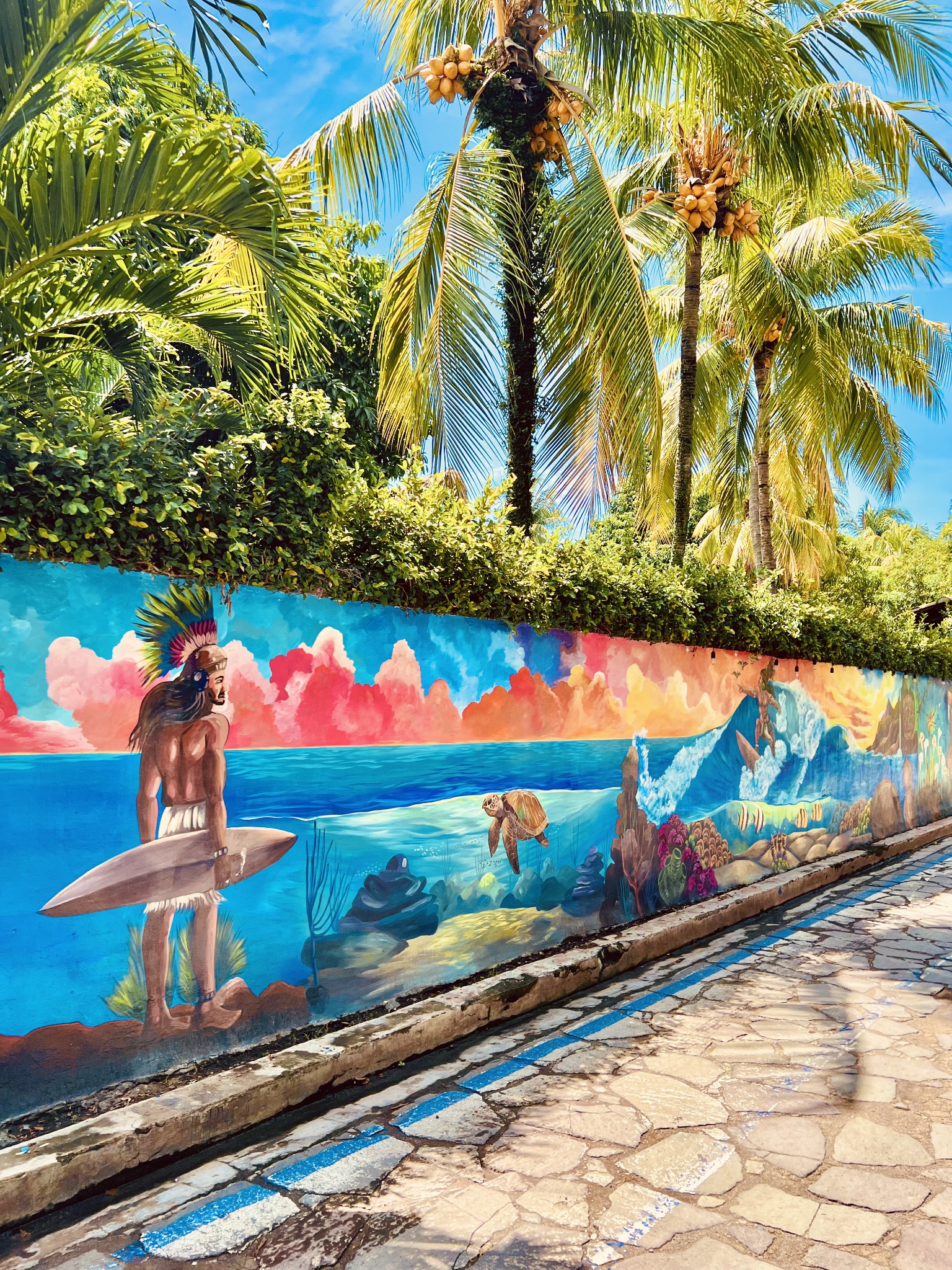
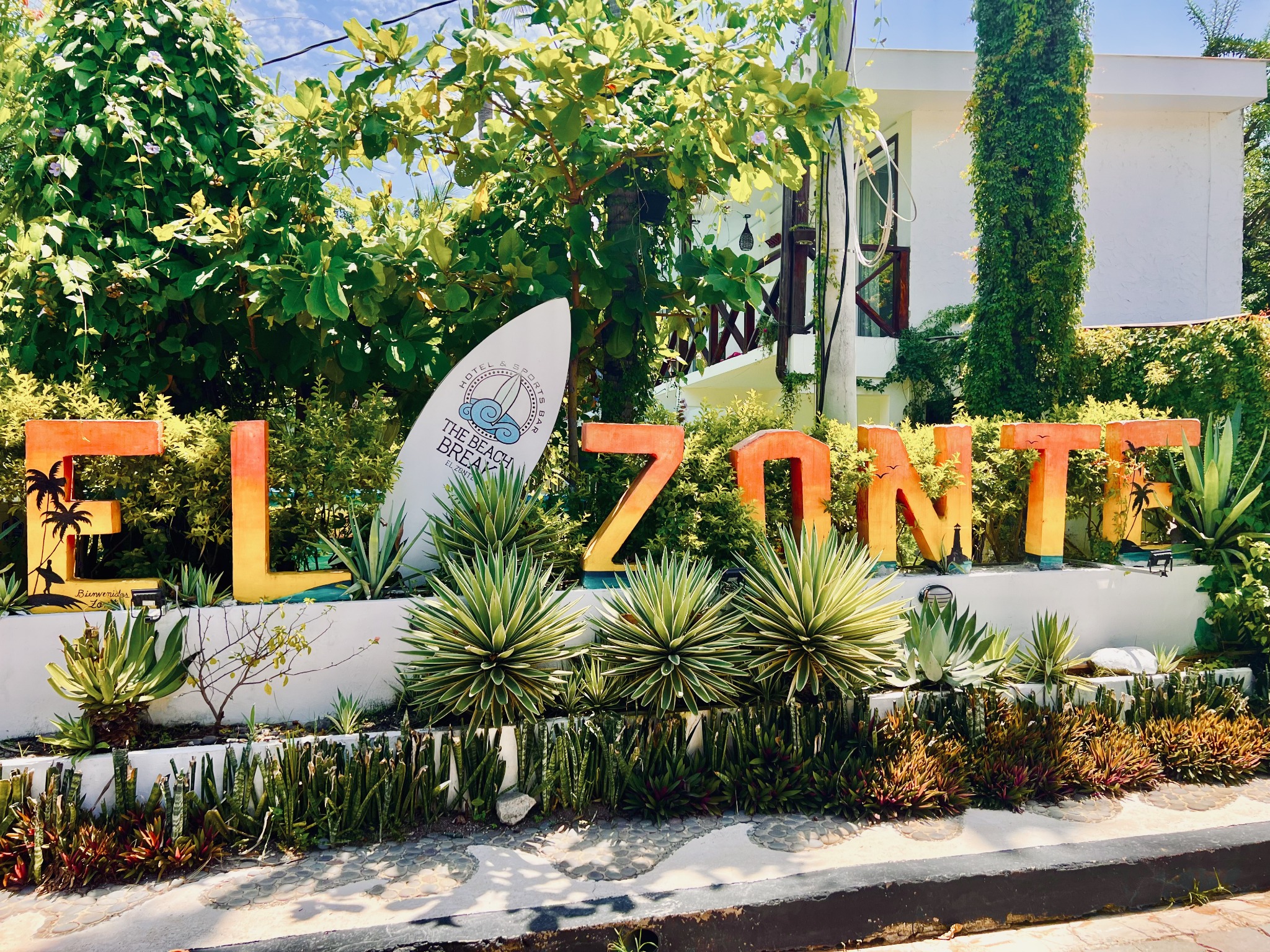
The Beach
The beach is rocky and not great for laying out nor swimming. The beach is lined with small resorts and restaurants where you can stay the night, or just buy beachside access for the day. We had lunch at Palo Verde Sustainable Hotel.
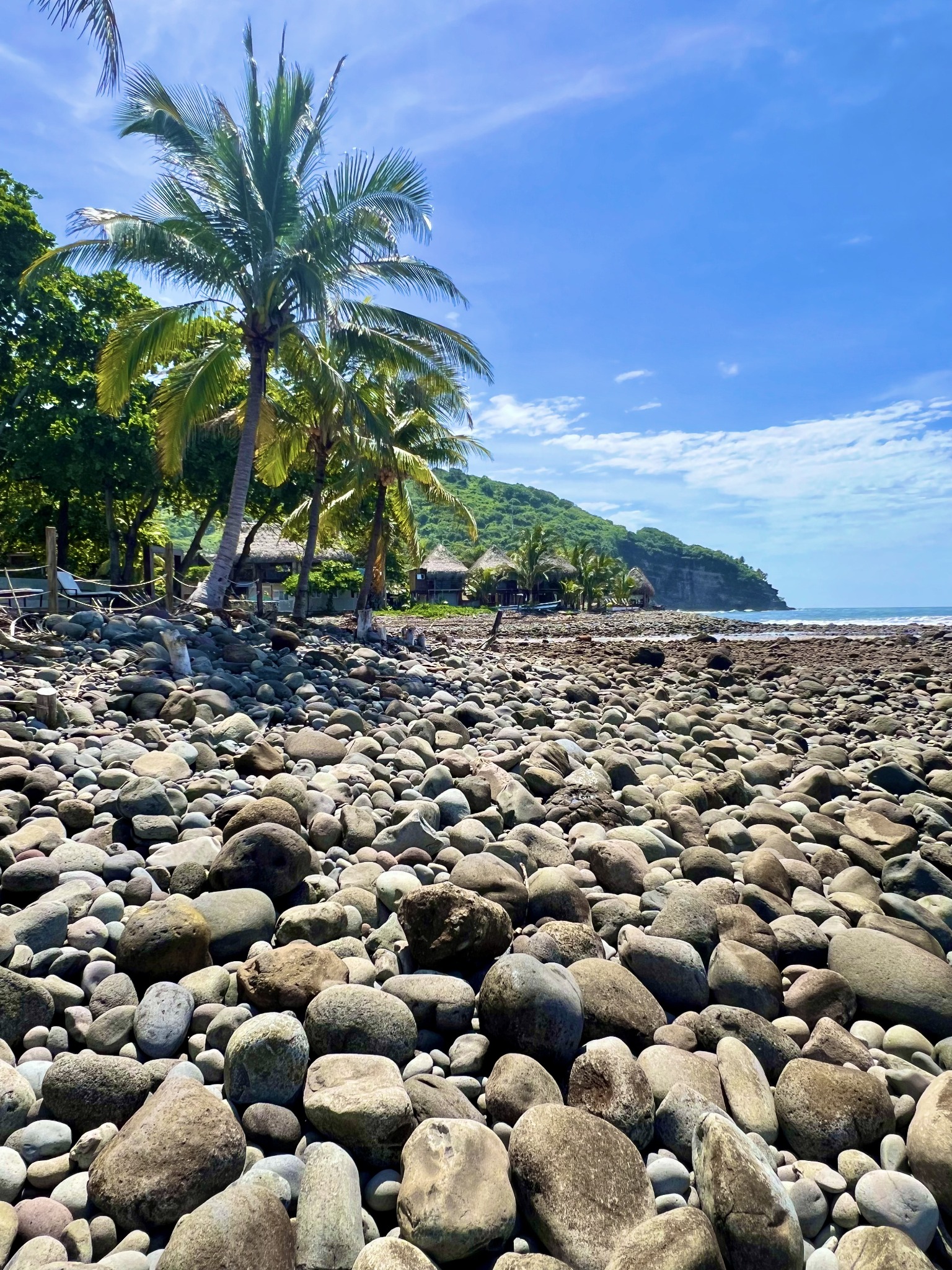
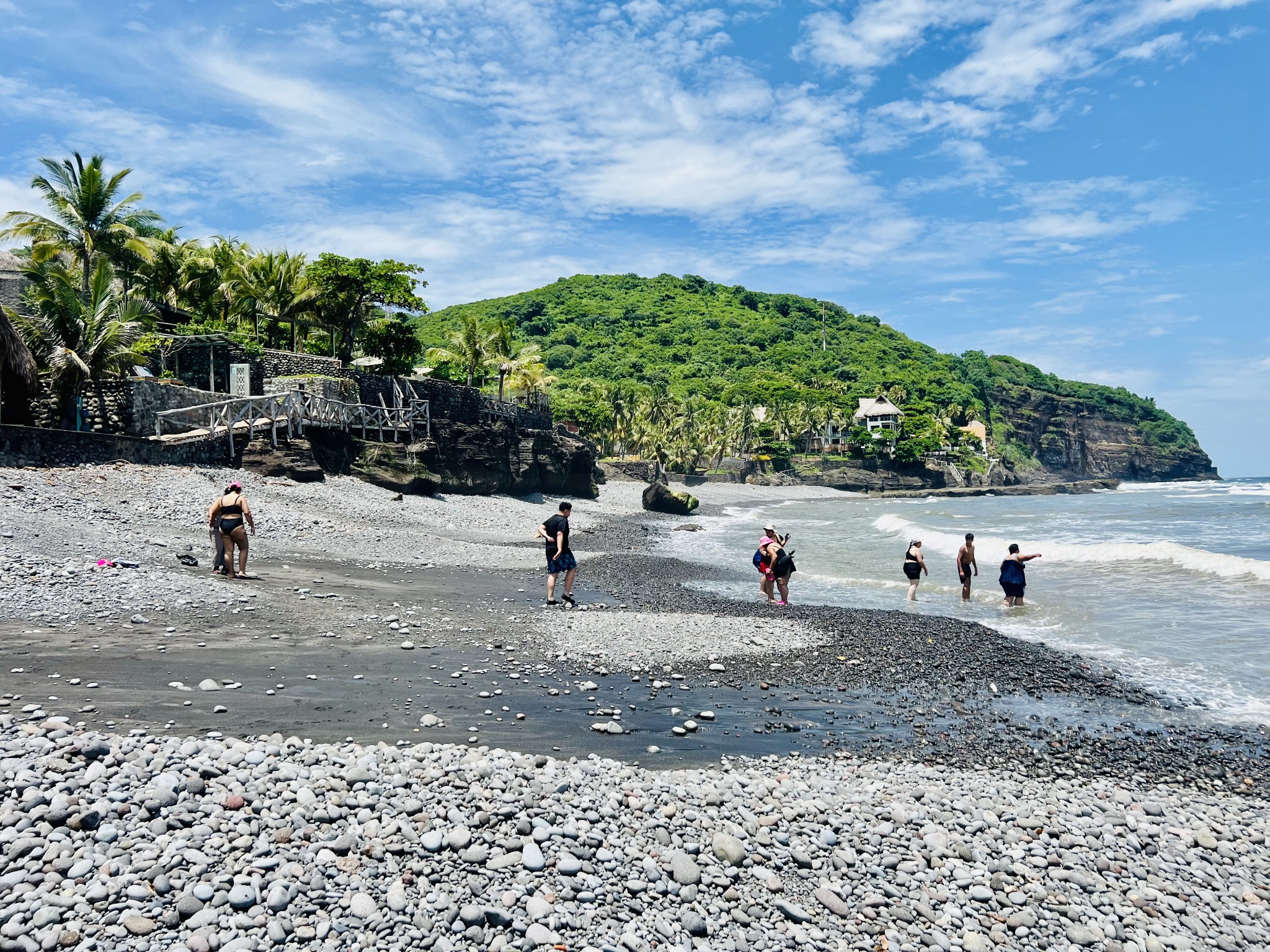
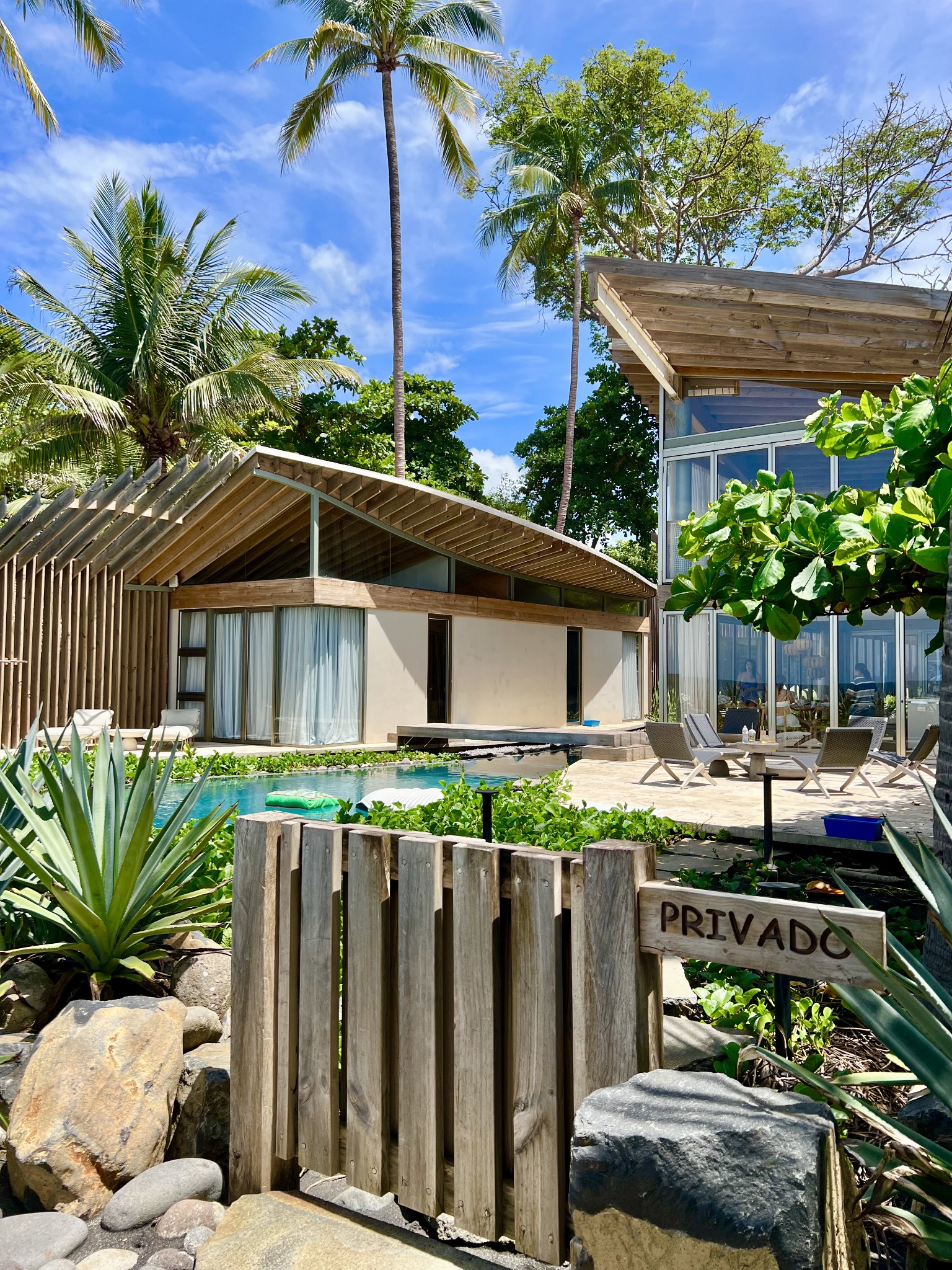
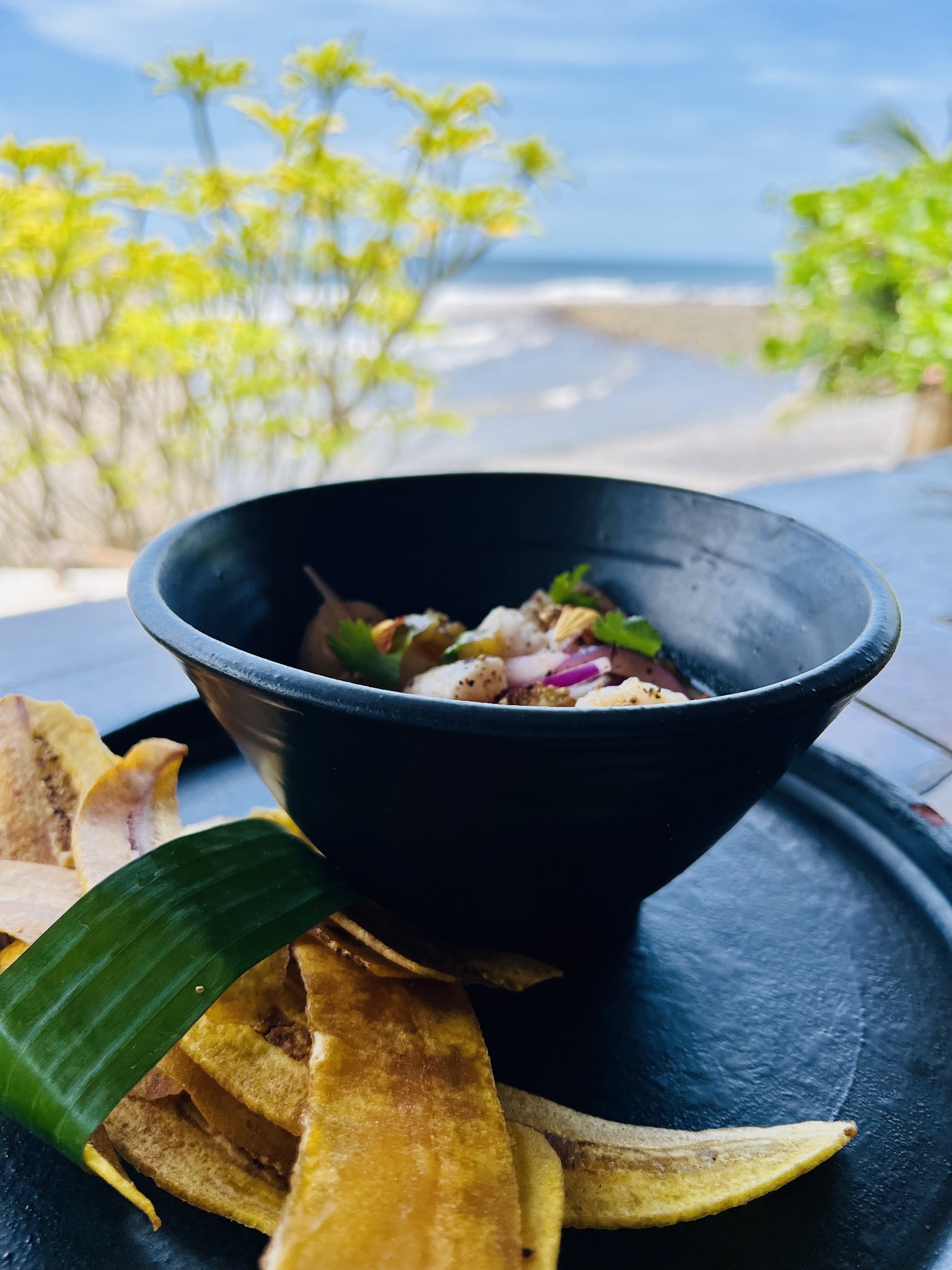

Post a comment